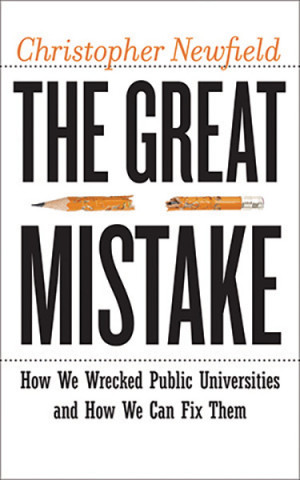
Reviews
A pleasure to read.
Endorsing a view of education that moves away from content-focused curriculum and practice to a school paradigm that emphasizes non-cognitive skills, Bowen suggests that relationships, resilience, and reflection are required for developing the disposition and skills to adapt to and function within the modern economy. During a time when there is a premium on so-called evidence-based practice, which involves what is dubbed the learning sciences, this book can have a significant impact.
Everyone changes as they go through life, but the changes are often not the ones that are needed and are frequently the result of external forces rather than internal monitoring and value-based decisions. This book provides readers with a valuable guide for making self-directed changes in their own lives and for helping students develop this same important life skill.
Teaching Change is an essential book for college instructors. Bowen tackles critical questions about the purpose of education, arguing that the goal is to bring about change. This book is grounded in theory and research while simultaneously brimming with practical suggestions for designing and developing instruction that facilitates student learning.
In an age of increasing polarization and partisanship, educating for democracy is more critical than ever. José Bowen provides a roadmap for fostering the habits of heart and mind necessary for students to think independently and discern the truth, while preparing them for success in work, citizenship, and life.
A timely, pragmatic book that will assist educators and students alike as we deal with change and ask critical questions like, 'How will I live my life?' and 'How will my decisions change my family, community, and society?' Teaching Change will yield a long-lasting impact in the classroom and our students' lives.
This timely, remarkable, and welcome book offers advice to stem the decline in how we teach in our schools and colleges. Bowen articulates fundamental principles about what learning and teaching should be in the twenty-first century. This book's clear insights and advice will benefit faculty and administrators as well as students and parents. It speaks directly and without condescension, in plain language, about how we can achieve excellence and equity in education.
Book Details
Introduction
Part I. Change and Learning
1. Educating for Uncertainty
2. Your Brain-Closet
3. Aiming Your Flashlight
4. The Difficulty of Thinking for Yourself
5. The Difficulty of Thinking with Others
Introduction
Part I. Change and Learning
1. Educating for Uncertainty
2. Your Brain-Closet
3. Aiming Your Flashlight
4. The Difficulty of Thinking for Yourself
5. The Difficulty of Thinking with Others (and Why Discussion Can Fail)
Part II. A New 3Rs
6. Relationships
7. Resilience
8. Reflection
Part III. Learning to Change
9. Driving Change
10. Teaching Change
11. Designing Change
Acknowledgments
Notes
References
Index






